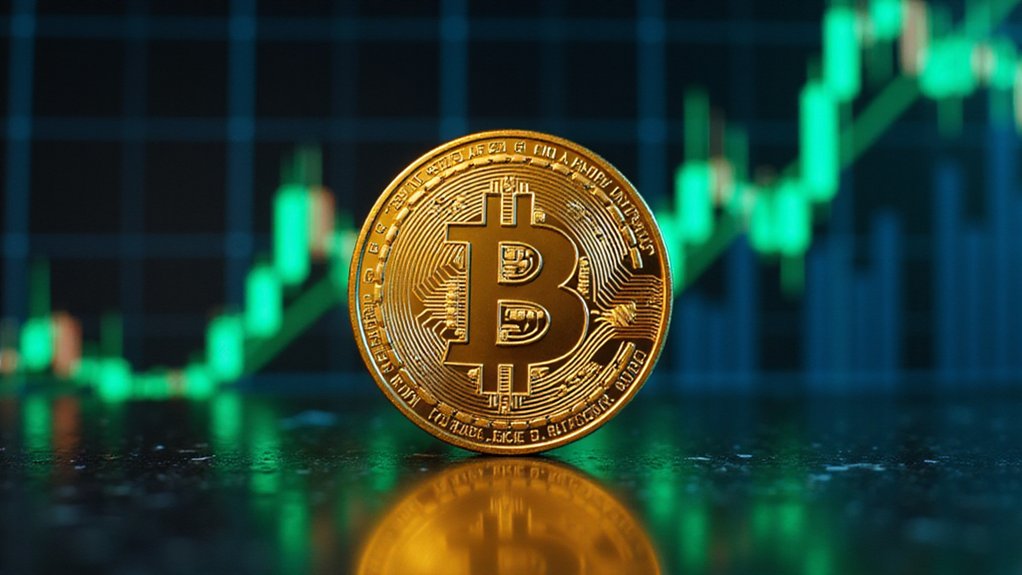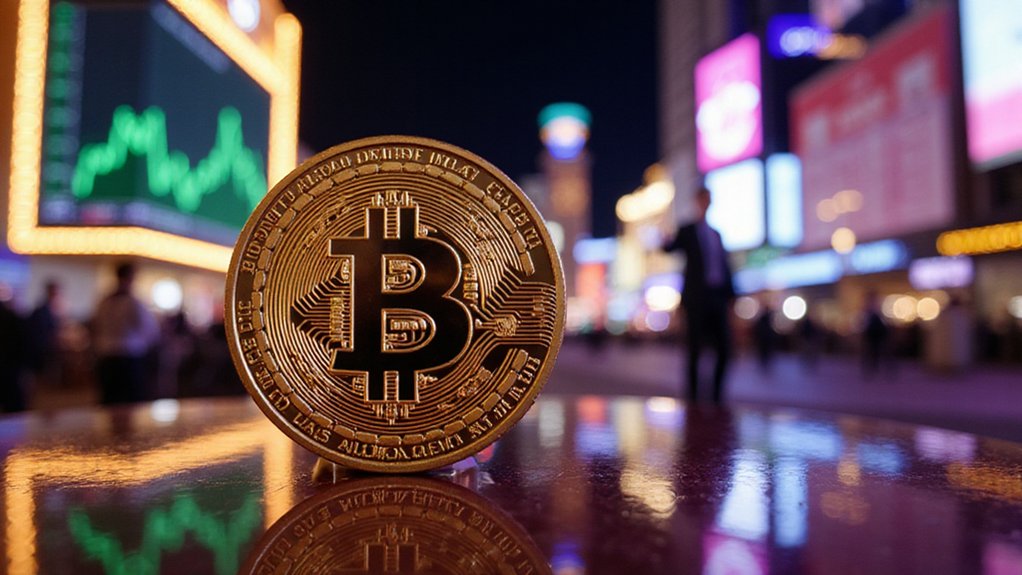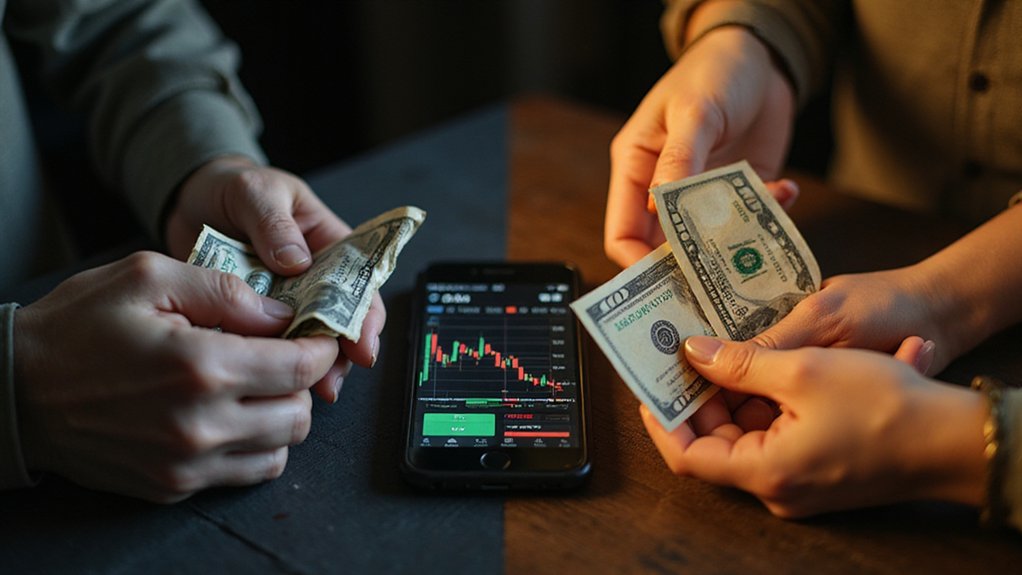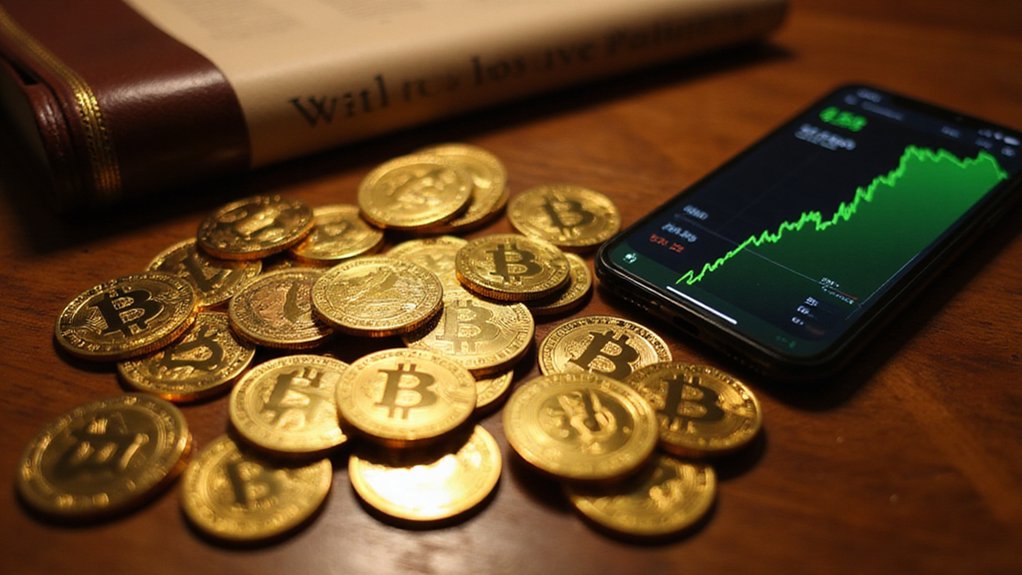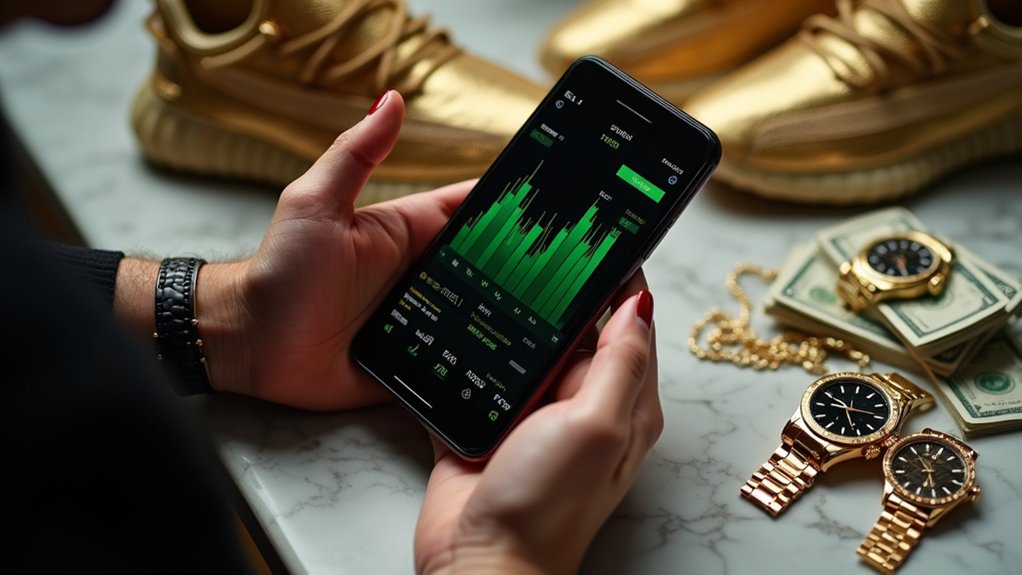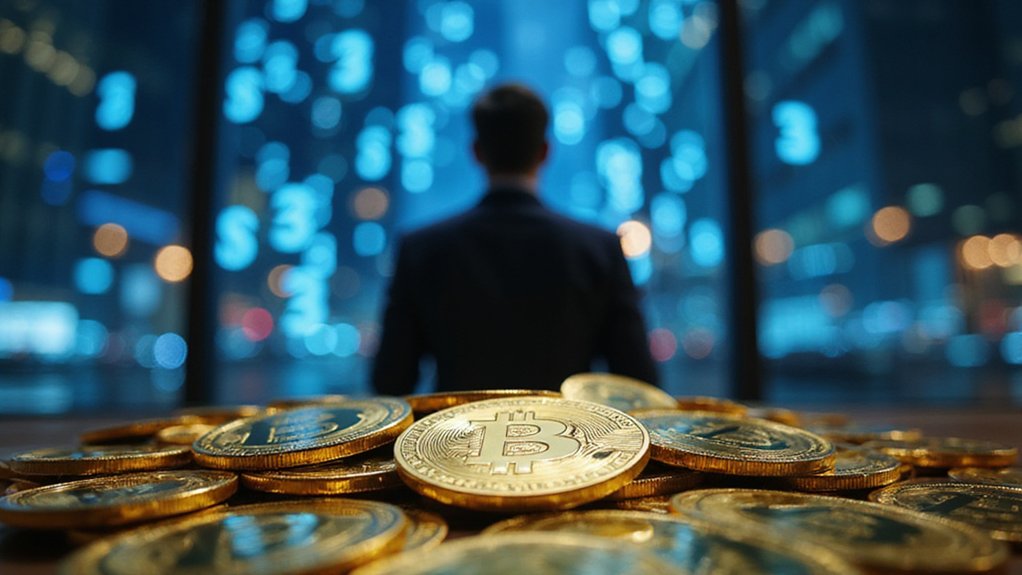While most political scions content themselves with traditional influence peddling, Eric Trump has carved out a distinctly modern niche as Asia’s most prominent crypto evangelist—a role that combines family political capital with genuine Bitcoin maximalism in ways that would make even the most seasoned venture capitalists pause.
His strategic advisor position at Metaplanet Inc. exemplifies this unconventional approach. The Japanese company’s pivot from hospitality to Bitcoin accumulation has yielded impressive results: 18,888 BTC worth approximately $2.1 billion, with ambitious plans to acquire an additional 10,000 BTC by year-end 2025. This transformation mirrors Michael Saylor’s MicroStrategy playbook, though few would have predicted a Trump family member orchestrating such moves in Tokyo boardrooms.
Trump’s Tokyo Bitcoin strategy transforms Japanese hospitality company into $2.1 billion crypto treasury operation following MicroStrategy’s institutional playbook.
The scope extends well beyond single-company advisory roles. Through American Bitcoin—co-founded with Donald Trump Jr.—Trump pursues a reverse merger with Gryphon Digital Mining, targeting U.S. public listing while simultaneously planning expansions across Japan and Hong Kong. The venture has attracted $200 million in funding, suggesting institutional investors view political connections as valuable crypto market assets.
Trump’s public pronouncements reflect genuine conviction rather than mere opportunism. At the Wyoming Blockchain Symposium, he declared himself a “bitcoin maxi” and predicted Bitcoin reaching $175,000 by 2025’s end, with long-term targets of $1 million. Such bold forecasting might seem reckless, yet Asia’s regulatory environment increasingly supports these ambitions. These predictions align with characteristics of a potential bull run, where sustained price appreciation typically ranges from 20% or more across major digital assets. His upcoming appearance at the BTC Asia conference on August 29 reinforces his commitment to the region’s crypto community.
Japan’s 20% flat capital gains tax on cryptocurrencies and approval of the first yen-denominated stablecoin create favorable conditions for corporate treasury adoption. Hong Kong’s licensing framework for crypto companies and proactive LegCo legislation further facilitate institutional investment—developments that transform Trump’s predictions from fantasy to plausible scenario.
The Trump family’s 60% stake in World Liberty Financial adds another dimension. With $20 billion token valuation backed by Abu Dhabi funds and Binance’s $2 billion investment in their USD1 stablecoin, the operation transcends typical political ventures. The team’s commitment to their venture extends beyond mere financial investment, with key figures including Chase Herro, Zak Folkman, and Zach Witkoff displaying company tattoos as permanent badges of their crypto dedication. Plans for crypto lending protocols and DeFi applications suggest sophisticated understanding of digital asset ecosystems.
Whether Trump’s $1 million Bitcoin prediction materializes remains uncertain, but his methodical approach to Asia’s crypto markets—combining regulatory arbitrage with institutional-grade accumulation strategies—demonstrates that political influence, when properly deployed, can indeed reshape financial landscapes.

